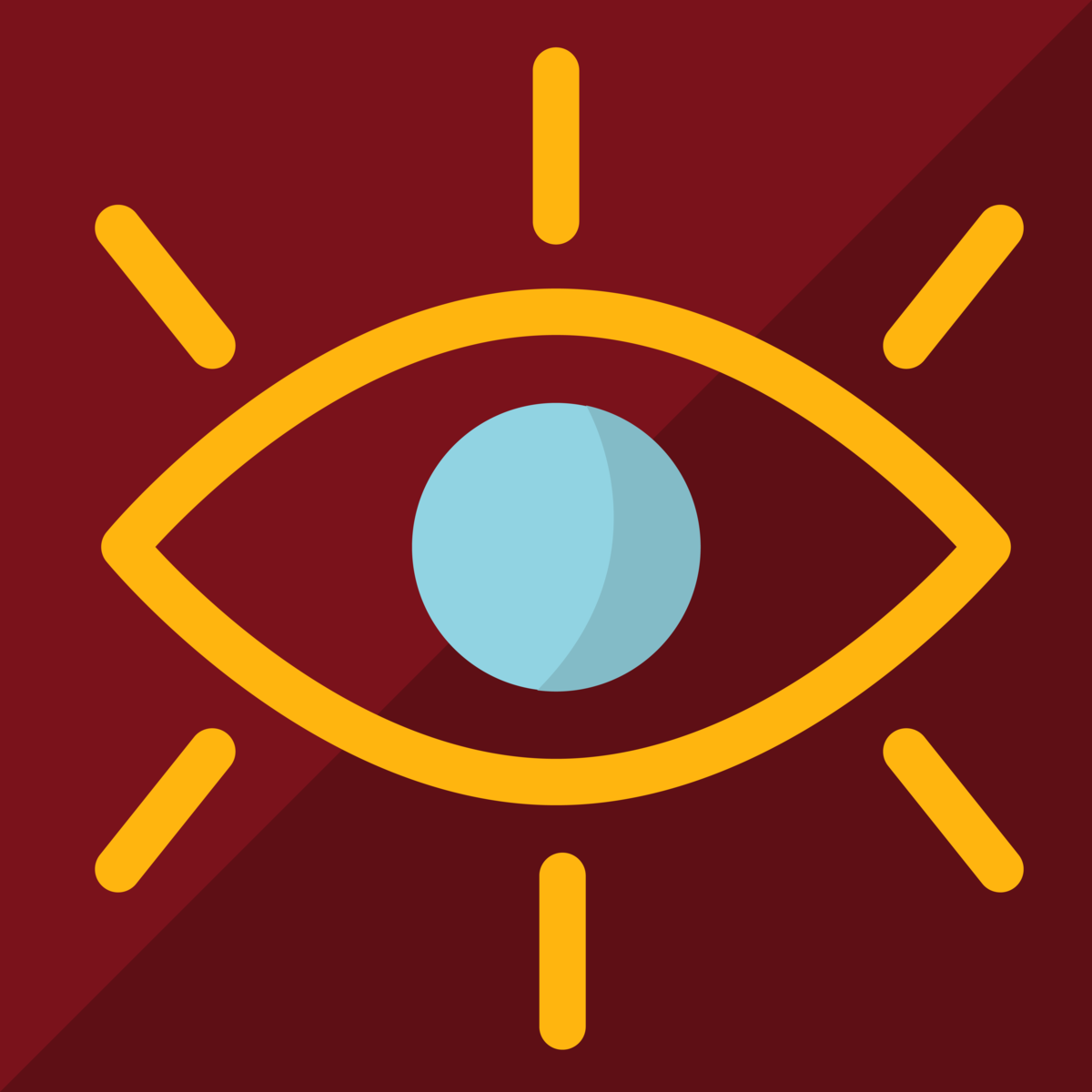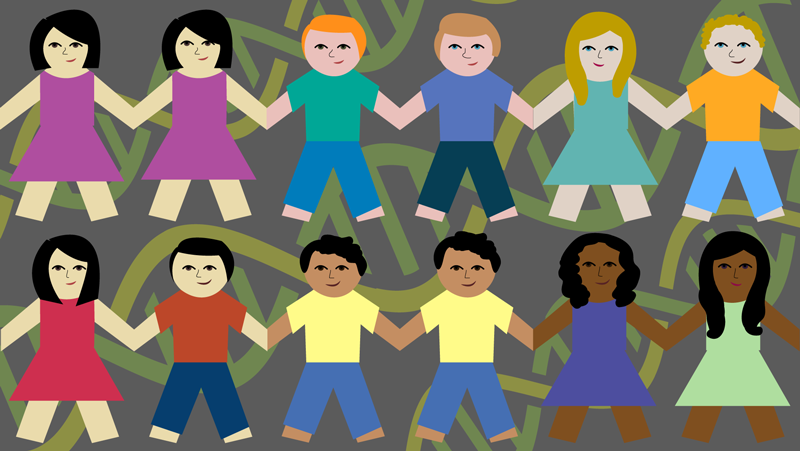Back to Courses









Psychology Courses - Page 6
Showing results 51-60 of 77

Guided Imagery
In this course, you will learn how you can use imagery and imagery interventions to help with symptom management and healing, as well as to enhance overall health and wellbeing. You will experience a variety of imagery interventions and evaluate how they might be helpful in providing relief or enhancing quality of life. By the end of the course, you will know how to assess if guided imagery is appropriate in specific situations or with specific patients. You will be able to find and evaluate guided imagery scripts and recordings you might use. Most importantly, you will learn how to write and record effective guided imagery scripts of your own for specific needs at work or in your personal life.
Continuing Education Credit
This course has been designed to meet Minnesota Board of Nursing continuing education requirements for 14.5 contact hours and may be eligible for CE credit from other professional boards that allow self-documenting of continuing education activities. It is your responsibility to check with your regulatory board to confirm this course meets your local requirements and, if necessary, to provide them with the certificate of completion you get if you pay for and fulfill all the requirements of this course.

Introduction to Human Behavioral Genetics
Behavioral genetic methodologies from twin and adoption studies through DNA analysis will be described and applied to address longstanding questions about the origins of individual differences in behavioral traits.

Avatar Psychology for Designers
This course covers the latest and greatest psychological research on avatars and is relevant to current and future designers of any medium that includes user self-representations (e.g., video games, virtual worlds, robots, automobiles, social media, etc.). By taking this course, you will be able to define digital and non-digital avatars and identify how they are applicable in everyday life. You will be able to differentiate between the types of relationships people have with their avatars and motivations for using avatars that are more or less similar to the self. The course will help you discern the importance different avatar attributes (e.g., gender, race/ethnicity, attractiveness, personality, humanity, body type, hair, controllability) and avoid common harmful stereotypes in your designs. Finally, you will gain the ability to design avatars that harness their psychological power to influence users toward specific (hopefully non-evil) outcomes, even beyond avatar use.
Dr. Ratan, the instructor of this one-of-a-kind course, is an internationally recognized scholar who actively publishes research on avatar psychology. He is also known for his jovial and engaging lecture style and believes that you learn and produce more when you are having fun. Hope you enjoy the course.

Sampling People, Networks and Records
Good data collection is built on good samples. But the samples can be chosen in many ways. Samples can be haphazard or convenient selections of persons, or records, or networks, or other units, but one questions the quality of such samples, especially what these selection methods mean for drawing good conclusions about a population after data collection and analysis is done. Samples can be more carefully selected based on a researcher’s judgment, but one then questions whether that judgment can be biased by personal factors. Samples can also be draw in statistically rigorous and careful ways, using random selection and control methods to provide sound representation and cost control. It is these last kinds of samples that will be discussed in this course. We will examine simple random sampling that can be used for sampling persons or records, cluster sampling that can be used to sample groups of persons or records or networks, stratification which can be applied to simple random and cluster samples, systematic selection, and stratified multistage samples. The course concludes with a brief overview of how to estimate and summarize the uncertainty of randomized sampling.

Health Behavior Change: From Evidence to Action
Humans often fail to make rational decisions that affect their health. This course seeks to heighten understanding of the social and behavioral factors that contribute to health decisions and behaviors, with an ultimate goal of learning how to utilize these factors in improving public health efforts. Through a set of experiential learning exercises, students will learn to apply the science of health behavior change in their own lives. The course is appropriate for students interested in health care and public health, as well as individuals who are interested in learning to apply the science of behavior change to improve their personal wellbeing.

Social Psychology
Ever wonder why people do what they do? This course—which includes more than $1,000 of video and reading materials—offers some answers based on the latest research from social psychology. Students taking the course for a Certificate will also receive free membership in Social Psychology Network (SocialPsychology.org).
COURSE DESCRIPTION FROM PROFESSOR PLOUS:
Each of us is dealt a different hand in life, but we all face similar questions when it comes to human behavior: What leads us to like one person and dislike another? How do conflicts and prejudices develop, and how can they be reduced? Can psychological research help protect the environment, and if so, how? This course offers a brief introduction to classic and contemporary social psychology, covering topics such as decision making, persuasion, group behavior, personal attraction, and factors that promote health and well-being.
Our focus will be on surprising, entertaining, and intriguing research findings that are easy to apply in daily life. The course will also draw from the websites of Social Psychology Network, the world's largest online community devoted to social psychology. I hope you'll join me for this course, have fun, and learn some useful information that enriches your life.

The Nature of Genius
Today "genius" is all around us. Celebrities, athletes, child prodigies, even your local Apple employees, all are referred to as geniuses. But are they? And if not these individuals then who? In this course, Henry L. and Lucy G. Moses Professor of Music Emeritus and author of The Hidden Habits of Genius, Craig Wright, will begin by giving you his definition and prerequisites for true genius and challenge you to come up with your own.
From there we'll look at examples of geniuses both historical and modern to try to identify the threads that bind them together and understand what separates the true genius from the wannabe... We’ll explore where creativity, curiosity and passion originate and how geniuses are able to discover, cultivate and apply their prodigious stores of each so as to fashion world changing ideas and inventions.
Specific topics covered in the course include:
Genius and Gender
Genius and Money
Whether or not celebrities and athletes can be considered geniuses
Where and when genius happen
The morality of genius
Genius and inequality
And dozens more
While this course almost assuredly will not turn anyone into a genius, we hope it will serve to inspire you to cultivate your own creativity, explore your own curiosity, and pursue your own passion.
Understanding Memory: Explaining the Psychology of Memory through Movies
Welcome to Understanding Memory. Someone once said that memory is fascinating because sometimes we forget what we want to remember, sometimes we remember what we want to forget, and sometimes we remember events that never happened or never happened the way we remember them. I want to show you how memory works, why it sometimes fails, and what we can do to enhance it. Based on my recent book – Memory and Movies: What Films Can Teach Us About Memory (MIT Press, 2015) – I will provide an introduction to the scientific study of human memory by focusing on a select group of topics that hold widespread appeal.
To facilitate your understanding, I will use clips from numerous films to illustrate different aspects of memory – describing what has been learned about memory in a nontechnical way for people with no prior background in psychology. Many of us love watching movies because they offer an unparalleled opportunity for entertainment, even if entertaining films are not always scientifically accurate. Still, I believe that we can learn a lot about memory from popular films, if we watch them with an educated eye. Welcome once more. I am looking forward to showing you what movies can teach us about memory.
John Seamon
Professor of Psychology Emeritus
Wesleyan University

Population Health: Health & Health Behaviour
In this introduction course on Health and Health Behaviour you will learn about the fundamentals of health psychology. What role does our behaviour, our cognitions and emotions, and our environment play in our health status?
We’ll start with unraveling health behavior, and quite quickly put this knowledge in the perspective of health care and dealing with illness. We’ll look at what is needed for people to cope with a disease and to keep up their quality of life as good as possible. How people can be optimally supported in their healthcare process, creating a collaboration between care providers and patients. Lastly we will see how all these pieces of a puzzle can be used in creating actual interventions in healthcare and what is essential to disseminate them in healthcare practice.
By following this course you'll get a better understanding of why we behave as we do and how this knowledge can be optimally used to improve health care!

Foundations of Public Health Practice: Behaviour & Behaviour Change
The Health Protection course is the third instalment of the wider Foundations of Public Health Practice specialisation from Imperial College London's Global Master of Public Health (MPH). The scope and content of this course has been developed from the ground up by a combined team of academics and practitioners drawing on decades of real-world public health experience as well as deep academic knowledge. Through short video lectures, practitioner interviews and a wide range of interactive activities, learners will be immersed in the world of public health practice.
Designed for those new to the discipline, over three modules (intended for three weeks of learning), learners will become familiar with the scope, theory and implementation of behaviour change in the context of public health practice. The course begins by challenging learners about their preconceptions about healthy and unhealthy behaviour - seeking to contextualise these ideas within the broader public health approach (the first course of this specialisation). The course thereafter swiftly covers the origins of risk communication and behaviour change through the lens of health psychology and classical economics, before introducing ideas of bounded rationality and the genesis of behavioural insights and so-called Nudges. By the end of the course, learners will be fluent with their use of the Behaviour Change Wheel methodology of intervention development and the application of the COM-B framework to a range of target behaviours and behavioural barriers.
The subsequent courses of this specialisation will cover health protection before moving into the final (degree learner) course which where learners will focus on developing the core professional skillset that defines public health practitioners - whether in service or academia.
Popular Internships and Jobs by Categories
Find Jobs & Internships
Browse
© 2024 BoostGrad | All rights reserved